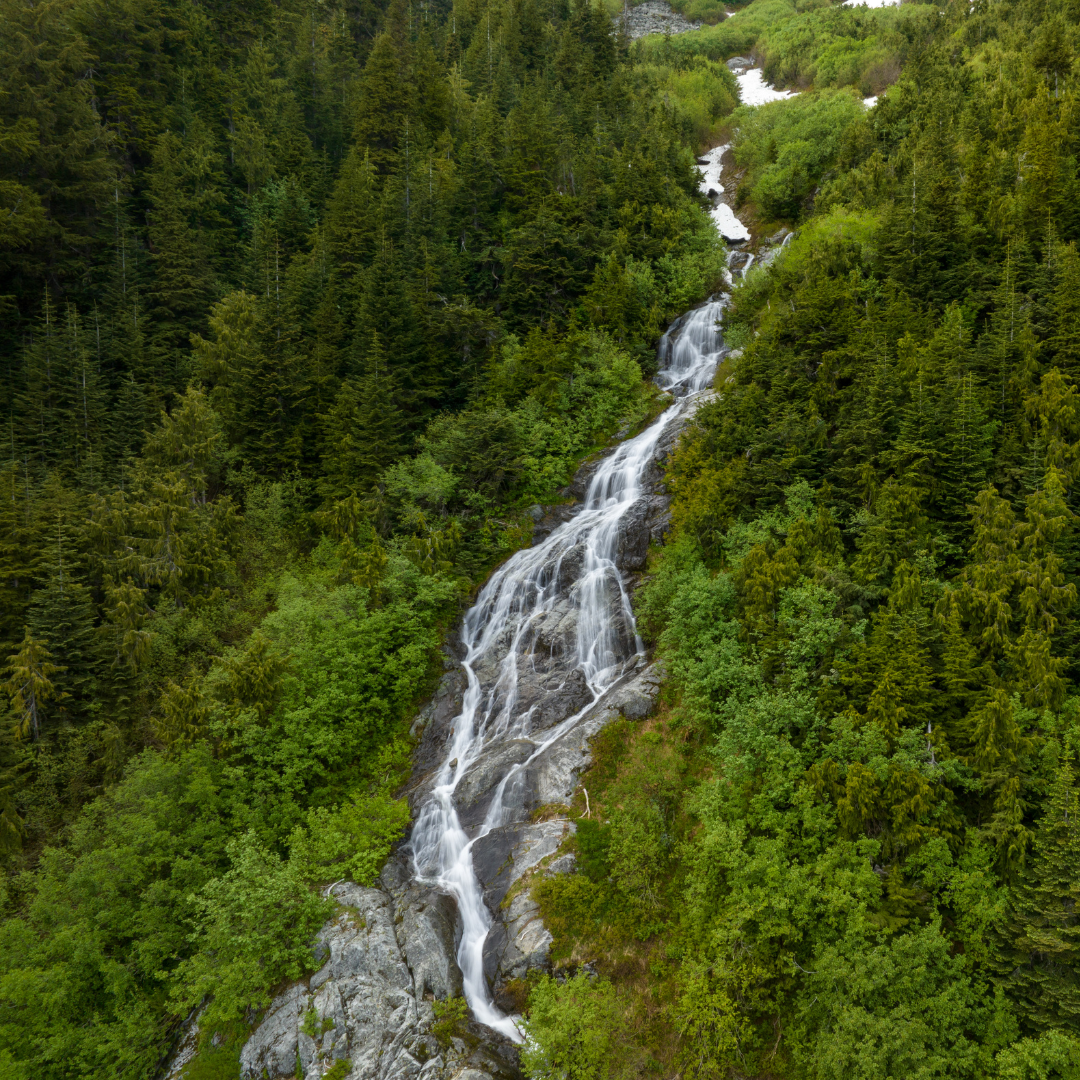Regeneratieve landbouw mist aansluiting op bestaand systeem

Geen definitiekwestie
Er leeft een dringende behoefte om handen en voeten te geven aan “de magie” van regeneratieve landbouw, die een sterke aantrekkingskracht uitoefent op steeds meer partijen. Om de regeneratieve beloften van banken, bedrijven, maatschappelijke organisaties en overheden kun je niet heen. In reactie daarop maakten wij met Food Hub een opleiding met als doel te informeren over de complexe beweging die regeneratieve landbouw heet.
Zo verschijnen er – inclusief onze eigen bijdrage – steeds meer interpretaties van regeneratieve landbouw. Waar Ethan Soloviev (schrijver, boer en een van dé regeneratieve experts die je zeker moet volgen) de praktijk waarop je je regeneratief kan voortbewegen heeft opgerekt, proberen anderen de term juist plat te slaan. Is het niet makkelijk als de praktijk eenduidig is, en de belofte meetbaar? Als je als zakelijke partij een regeneratief project verkoopt, dan zal je, volgens de operationele logica van je bedrijf, de aanpak willen vastleggen, en de impact willen berekenen. Dan wil je dat je consultants op één lijn zitten, dan wil je je klanten en werknemers zekerheid bieden, dan wil je return on investment.
“Je wilt het verstrekken van subsidies en kredieten baseren op zinvolle, feitelijke informatie – niet op slechts gut feeling.”
Controleren kun je leren, maar ook loslaten
De behoefte aan grip en controle, via eenvoud, is logisch en verklaarbaar. We willen doen wat we al kennen en meer van wat we al hebben. Het zit in de vezels van ons patriarchale, kapitalistische systeem. Dat neemt echter niet weg dat de neiging om regeneratieve landbouw te banaliseren, haar potentie compleet ondermijnt. Controleren kan je leren, maar dat geldt ook voor controle loslaten. Goede regeneratieve landbouw is niet makkelijk en maakt de meesten van ons een beetje ongemakkelijk. Een holistische, iteratieve, integrale en contextgebonden benadering gebruiken als een lineair stappenplan, dat is als een stromende rivier in een fles stoppen.
Het is zinvol om te onderzoeken hoe we de kwaliteit van regeneratieve landbouwpraktijken kunnen beoordelen. In het huidige systeem, dat voor verandering grotendeels afhankelijk is van investeringen, wil je wel onderscheid kunnen maken tussen de ene en de andere regeneratieve ambitie. Je wilt het verstrekken van subsidies en kredieten baseren op zinvolle, feitelijke informatie – niet op slechts gut feeling. Het is alleen de vraag hoe we die beoordeling moeten insteken (dit onderzoekt Koen van Seijen in zijn al meer dan 200 afleveringen tellende podcast ‘Investing in Regenerative Agriculture and Food.’)
“Laten we samen het lef vinden om de complexiteit, meervoudigheid, nuance en diversiteit van het voedselsysteem te omarmen.”
Regeneratieve landbouw is een werkwoord
Regeneratieve landbouw gaat over het herstellen en verbeteren van ecosystemen, het opbouwen van bodemgezondheid en het versterken van de veerkracht van landbouwsystemen en gemeenschappen. Het is een voortdurend proces van leren, experimenteren en aanpassen. Dus, beste consultants, het idee dat regeneratieve landbouw een statische definitie kan hebben, is volledig in tegenspraak met de aard van het beestje. Het zou de definitiekwestie goed doen om van de focus op absolute regeneratieve landbouw te bewegen naar het werkwoord ‘regenereren’. Laten we niet voor de zoveelste keer in onze landbouwgeschiedenis een bepaalde praktijk heilig verklaren. Regeneratieve landbouw is een richting die ons iets komt brengen.
Wanneer de vraag is hoe we een eerlijk, divers en duurzaam voedselsysteem gaan (regeneratief land)bouwen, is mijn suggestie dat we inzetten op partijen die niet bang zijn. Niet bang voor onzekerheid, verandering en feedback. Het probleem met regeneratieve landbouw is niet dat er op verschillende manieren invulling gegeven wordt aan de term, zoals sommige rapporten beweren. Het probleem is de hang naar eenvoud. Waar we voor moeten waken, is dat één uitleg, één stappenplan en één meetinstrument een beweging gaat domineren die gebaat is bij pluriformiteit. Laten we samen het lef vinden om de complexiteit, meervoudigheid, nuance en diversiteit van het voedselsysteem te omarmen. Schep ruimte voor experiment. Probeer de rivier niet in een fles te stoppen, laat regeneratieve landbouw vrij stromen.

Over Joszi Smeets
Joszi Smeets is creatief directeur en mede-oprichter van Food Hub. Met Food Hub levert zij een kritische en constructieve bijdrage aan de regeneratieve landbouwbeweging.
Portret: Tatjana Almuli